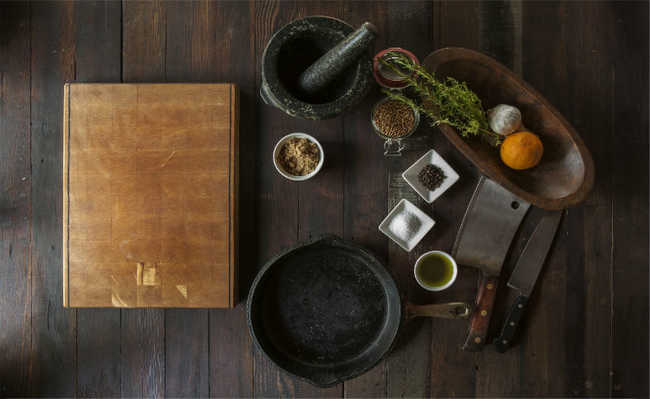Steel, copper, aluminum and iron: learn how to clean kitchen utensils depending on the raw material
Care with the hygiene of kitchen utensils: preserve them and remove stains

You've finished making that big Sunday lunch, and despite the family's happiness at eating while watching VCRs, what's left for you? Yes, the terrible crockery. In order not to let housework accumulate throughout the week, you wash everything with the greatest agility. But hurried work (grandma was already saying) can bring imperfections. "What do you mean by that?"? Well, you used different types of utensils to prepare your "squeak", so you need to put in practice different cleaning methods, depending on the raw material of the item, otherwise they run the risk of spoiling quickly.
Before the tips for each type of utensil, there are two general touches:
- Be careful when washing pans if they are still hot, as you could get hurt;
- Do not use the dishwasher on certain types of cookware as they can be damaged
Now let's get down to business:
Steel
Steel utensils do not chemically react with food and also do not change the taste of acidic food. They are easy to clean and scratch-free, but have low heat conduction and take a while to reach the desired temperature. To clean these types of utensils, first remove food debris from the surface. Then pour in olive oil and wipe the item with a soft cloth using a circular motion. Press the cloth onto the surface until the utensil is shining.
Copper
These are reactive! They chemically react with food and are excellent heat conductors, quickly reaching the desired temperature. It is recommended to avoid cooking acidic foods with copper items such as tomato sauce at too high a temperature, as the taste can be altered. Using a dishwasher with detergent will damage and discolor your pans, so do not use them. If the copper starts to discolor, mix, in a glass, a quarter of vinegar with two tablespoons of coarse salt. Scrub the mixture carefully with a sponge and rinse the copper.
Aluminum
These are also reactive, meaning they are also excellent heat conductors. So don't cook acidic foods with this type of item. To remove stains, boil apple peels in water for thirty minutes. The acid released by the shell will break any kind of stain or discoloration and will restore the appliance back to its original finish.
Cast iron
Never use detergent or soap as it can cause corrosion. Clean with a brush and hot water. First, boil the water in the pan to loosen the stuck food. Then scrub the surface with the stiff brush until the food particles have come out. Dry immediately. Then lightly cover with vegetable oil while still hot.
These tips will help conserve your utensils.
Source: Brightnest










